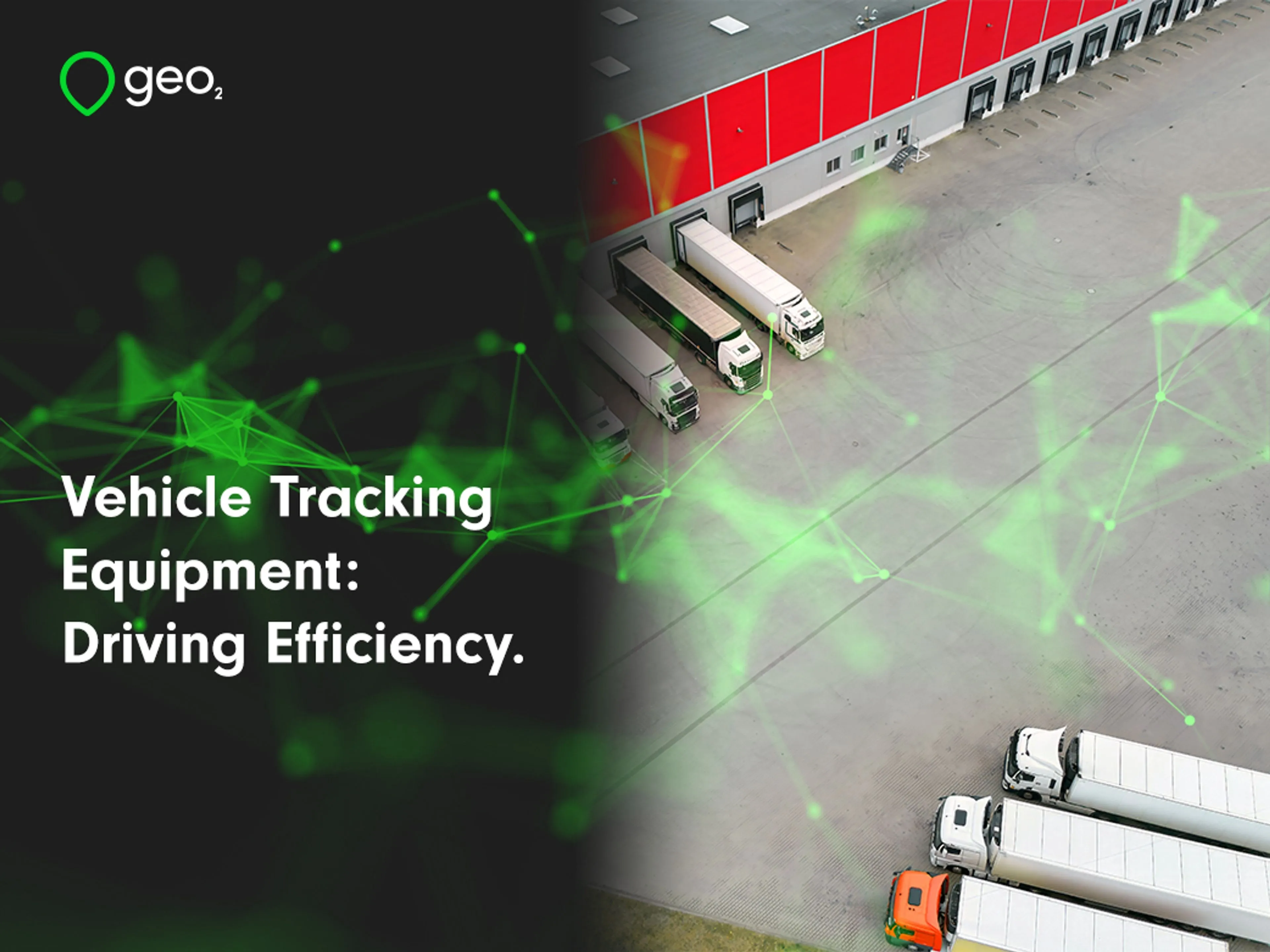Key Responsibilities and Daily Duties.
Managing a fleet of vehicles is at the heart of a transport manager's role. This includes:
- Ensuring vehicles are loaded safely and effectively.
- Monitoring fuel consumption and vehicle maintenance.
- Coordinating repairs and servicing schedules.
Compliance and Safety
Adhering to regulations is crucial for the smooth operation of any transportation firm. Transport managers must:
- Ensure compliance with legal requirements.
- Maintain accurate records as mandated by the traffic commissioner.
- Implement safety protocols to protect both drivers and cargo.
Route Planning and Optimization
Effective route planning can save time and money. Transport managers are responsible for:
- Developing efficient routes.
- Using technology for real-time tracking and adjustments.
- Reducing transit times and fuel costs.
Personnel Management
Managing drivers and support staff is also key. This includes:
- Recruiting and training new drivers.
- Conducting regular performance evaluations.
- Addressing any staffing issues that arise.

The Importance of Effective Transport Management in the Logistics Industry.
The role of a transport manager cannot be overstated. Their work ensures that:
- Goods are delivered on time, enhancing customer satisfaction.
- Costs are kept under control, boosting the company's bottom line.
- Safety standards are met, protecting both employees and cargo.
By optimizing transportation operations, these professionals keep the wheels of commerce turning smoothly.
Challenges Faced by Transport Managers and How to Overcome Them.
While the role is rewarding, it comes with its share of challenges:
Regulatory Compliance
Keeping up with constantly changing regulations can be daunting. To overcome this, transport managers need to:
- Stay updated on legal changes.
- Attend industry seminars and workshops.
- Implement comprehensive compliance tracking systems.
Technological Advances
With the rapid pace of technological change, staying current can be challenging. Solutions include:
- Investing in modern Transport Management Systems (TMS).
- Regularly updating software and hardware.
- Providing ongoing staff training.
Managing Costs
Balancing quality service with cost-effectiveness is another challenge. Strategies to manage costs effectively include:
- Implementing fuel-saving techniques.
- Regular maintenance to prevent costly breakdowns.
- Negotiating better rates with suppliers.

Technologies and Innovations Transforming the Role.
The landscape of transport management is evolving rapidly, thanks to technological advancements. Some transformative technologies include:
Transport Management Systems (TMS)
Modern TMS solutions offer:
- Real-time tracking of vehicles and cargo.
- Automated compliance reporting.
- Advanced route optimization features.
Telematics
Telematics systems provide invaluable data on:
- Vehicle performance.
- Driver behaviour.
- Predictive maintenance needs.
Artificial Intelligence and Machine Learning
AI and ML are revolutionizing transport management by:
- Predicting demand and optimizing routes accordingly.
- Enhancing decision-making processes.
- Reducing operational risks through predictive analytics.
Conclusion.
The future of managing transportation is exciting, with more technology in the mix. Things like AI, telematics, and better transport management systems will make everything smoother, safer, and more efficient.
As the world of logistics grows, transport managers will become super important. They'll have to keep up with new tech, handle changes in rules, and find smart ways to keep costs down while making sure everything gets where it's going on time.
If you're in charge of a fleet, a logistics manager, or work in transport, knowing what a transport manager does is key to making things run better and staying ahead in a fast-changing market.
Related posts

Vehicle Tracking Equipment: Driving Efficiency
With the rapid pace of modern life, monitoring your vehicles is crucial for fleet managers and vehicle owners alike. Whether you manage many vehicles or just a few, tracking can save you time and money. Affordable car tracking devices are a cost-effective solution. In this post, we'll look at how these cheap devices can improve your operations, enhance safety, and give real-time insights.

Own Fleet or Carriers: Which is Best for Your Business?
In logistics and supply chain management, deciding whether to own a fleet or use carriers is a crucial choice. This choice can have significant implications for everything from cost efficiency to customer satisfaction. In this blog post, we’ll explore the pros and cons of each option to help you determine the best choice for your business.

What is Fleet Management and the Role of a Fleet Manager?
Managing a fleet of vehicles can feel like juggling a dozen balls at once. Whether you're new to fleet management or looking to refine your existing processes, this guide will provide you with valuable insights to streamline operations and enhance efficiency. We'll explore what fleet management entails, the crucial role of a fleet manager, and how technology is revolutionizing the industry.
